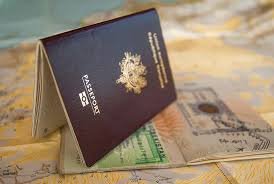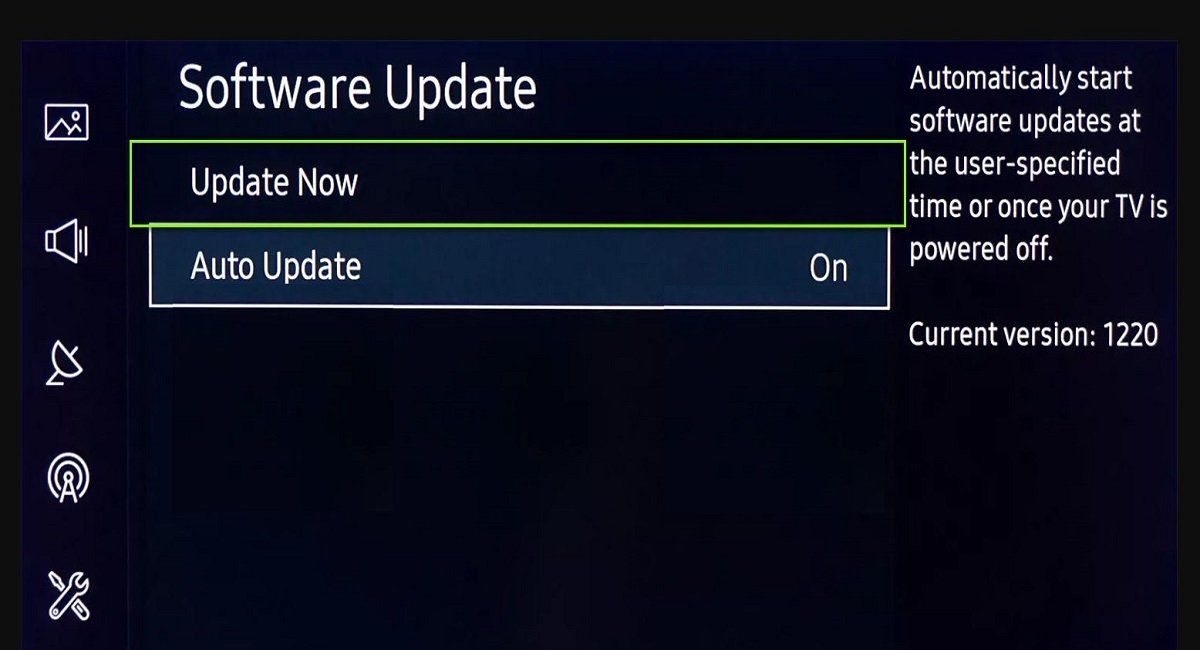Traveling to Turkey has become an appealing option for many international travelers, thanks to its rich history, diverse culture, and stunning landscapes. For those looking to visit, understanding the Turkey eVisa system and the visa extension process is crucial for a smooth travel experience.
Table of Contents
Understanding the Turkey eVisa
The Turkey eVisa is an electronic travel authorization that simplifies the visa application process for eligible travelers. This system is particularly beneficial for those from various countries who can apply online without the need to visit a Turkish embassy or consulate. The eVisa allows tourists to stay in Turkey for up to 90 days within a 180-day period for tourism or business purposes.
To apply for the Turkey eVisa, travelers need to visit the official eVisa website and fill out the online application form. The application process requires essential information such as personal details, passport information, and travel plans. Additionally, applicants must provide a valid credit or debit card to pay the visa fee. One of the primary advantages of the eVisa system is its efficiency; most applications are processed within 24 hours, allowing travelers to receive their visa via email.
However, it’s important to note that not all nationalities are eligible for the eVisa. Certain countries require a traditional visa application, which involves a more extended process and additional documentation. Therefore, checking eligibility before proceeding is essential to avoid any last-minute inconveniences.
How to Extend Turkey Visa
For travelers who wish to extend their stay in Turkey, understanding the visa extension process is vital. The Turkish government allows visitors to extend their visas under specific circumstances. Generally, individuals can apply for an extension at the local immigration office (Göç İdaresi) before their current visa expires.
To initiate the extension process, travelers must gather required documentation, including their original passport, a copy of their current visa, and a completed application form. It’s advisable to submit the application at least one month before the visa expiration date to allow sufficient time for processing.
When applying for an extension, travelers should also provide valid reasons for their request. Common reasons include needing additional time for tourism, medical treatment, or family matters. Supporting documents that validate the reason for the extension—such as medical reports or proof of accommodation—can significantly enhance the chances of approval.
What Happens If You Overstay Your Turkey Visa?
Overstaying a visa in Turkey can have serious consequences. If travelers exceed their visa duration, they may face fines, deportation, or restrictions on future entries into the country. The fine for overstaying can vary depending on the duration of the overstay, and it’s usually calculated per day.
In cases of unintentional overstays, such as emergencies or unexpected travel disruptions, travelers must contact the local authorities as soon as possible. They can explain their situation and may be able to resolve the issue without incurring severe penalties. However, proactive measures, such as applying for a visa extension before the expiration date, are always the best approach to avoid complications.
In conclusion
Understanding the Turkey eVisa process and the steps to extend a visa is essential for travelers planning a visit. The eVisa offers a straightforward method for obtaining travel authorization, while the extension process provides options for those wishing to stay longer. Being informed about these procedures ensures a smoother experience in Turkey, allowing visitors to fully enjoy everything this beautiful country has to offer.














